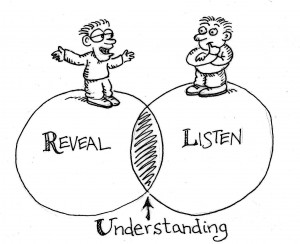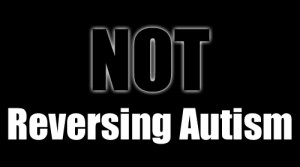I’ve witnessed this in person, in social media and since starting my Autcraft server, I see it far too often. It’s a bit tough to explain exactly what “it” is but here it goes. I’m going to say “you” a lot. Don’t take it personally if it’s not how you are, I’m just being rhetorical.
Public Shaming
So many times, way too often, I see a parent upset that their child got in trouble on the server or at school or in social groups and their first reaction is to make a public spectacle of it. It’s a “screaming from the mountain tops” situation that requires calling out the people that punished their child for the evil organization that they must be. There are no questions, no information shared… just a call for blood.
I can not stress this enough but you just can not do this. I mean, yes, there are times you may be right and that organization needs to be exposed but most of the time, the majority of the time I’d wager, you’d probably not be so quick to take such actions if you knew all the details.
Children do get into trouble. That’s the nature of being a child. Sometimes it’s even your child. I’m sorry, but it’s true.
If you make a public spectacle of your child getting into trouble and demand details for all to see, all you are doing is shaming your child… in public. On the Autcraft server, we know that other players visit the forums, the fan pages, the twitter account… they read it all because they love the server. So when you post, saying that your child got into big trouble and you’re angry and you demand to know why, you are publicly putting your child’s bad behaviours on display for all to see and to judge and to feel strongly about.
Why do it? Well, I suppose you want everyone to see how they treated your child. Perhaps you want the public to rally around you and support you. Perhaps you just think it’s the best way to get answers. Even if any of these things happen, even if you get the anger fueled vengeance that you’re after, you have still left your child on display for the world to see. You’ve still made your child into a spectacle.
A Better Way
The Internet is an amazing tool to use when you want justice. If someone is wronged, you share your story, others will share it and it will come back to haunt the person that did wrong. It will provide the judge, jury and punishment that you seek. But in being such a judging entity, you have to choose more carefully what you are giving it to judge.
Your child may have done something very very wrong and now you are basically asking the Internet to judge them for it. Or your child may have done nothing wrong but is still going to become the focal point of a very ugly and nasty bit of drama for all to see and people will not remember it fondly, no matter who is right or wrong. They don’t even remember what it was about but they’ll remember your child.
There’s 2 things that I suggest you keep in mind.
- If you are angry, step away from the keyboard, walk away, take a deep breath. You have to gather your thoughts and feelings before you do something you may regret. Yes, those emotions may empower you to say the things you need to say that you wouldn’t say otherwise but it will also impair your judgment. You will make things public that shouldn’t be public, you will accuse people of terrible things that they may not have done. You will make assumptions that likely have a very different and simple explanation.
- Seek the details in private before you take anything public. If you need to know what your child did, ask in private and then take it public if still necessary after, but even then, I’d still advise against that. But if you absolutely must, if you do have a justifiable reason and people need to know about it, at least have the facts first. Don’t ask for those facts in public because you may not like what you just invited everyone to know. I am almost certain that your child wouldn’t either.
Your Child’s Drama is Not Your Drama to Share
There is not always a way to talk to someone in private but most of the time there is. You owe it to your child to seek those out before you make them a public display. Put yourself in your child’s shoes or better yet, think back to when you were a child. If you did something wrong, would you really want your parents to go on local television demanding details only to have a list of all the bad things you did show up on the 6 o’clock news?
I do get it, I’m over protective as well but in my duty to protect my children, I have to protect them from myself as well. I share openly about them here on my blog but I am very careful to never bring them shame. If they do wrong, they are spoken to, other parties that are involved are spoken to and we all learn and move forward. There is never ever any reason that I need for you or anyone else in the public to know about it.
Fight that urge to hurt the people that you think hurt your child. Your child might be innocent, they might not be, but making them a public drama story is not the way to go about getting to the bottom of anything. Share your drama all you want but don’t make your child’s drama public.
If you don’t want your child to be judged or bullied, stop giving people a reason to. You are their advocate and their protector. Stop making their drama public.





 I keep seeing some disturbing responses to the Kelli Stapleton case and I thought I’d address a couple of them today… a sort of, let’s clear the air, type of post.
I keep seeing some disturbing responses to the Kelli Stapleton case and I thought I’d address a couple of them today… a sort of, let’s clear the air, type of post.







